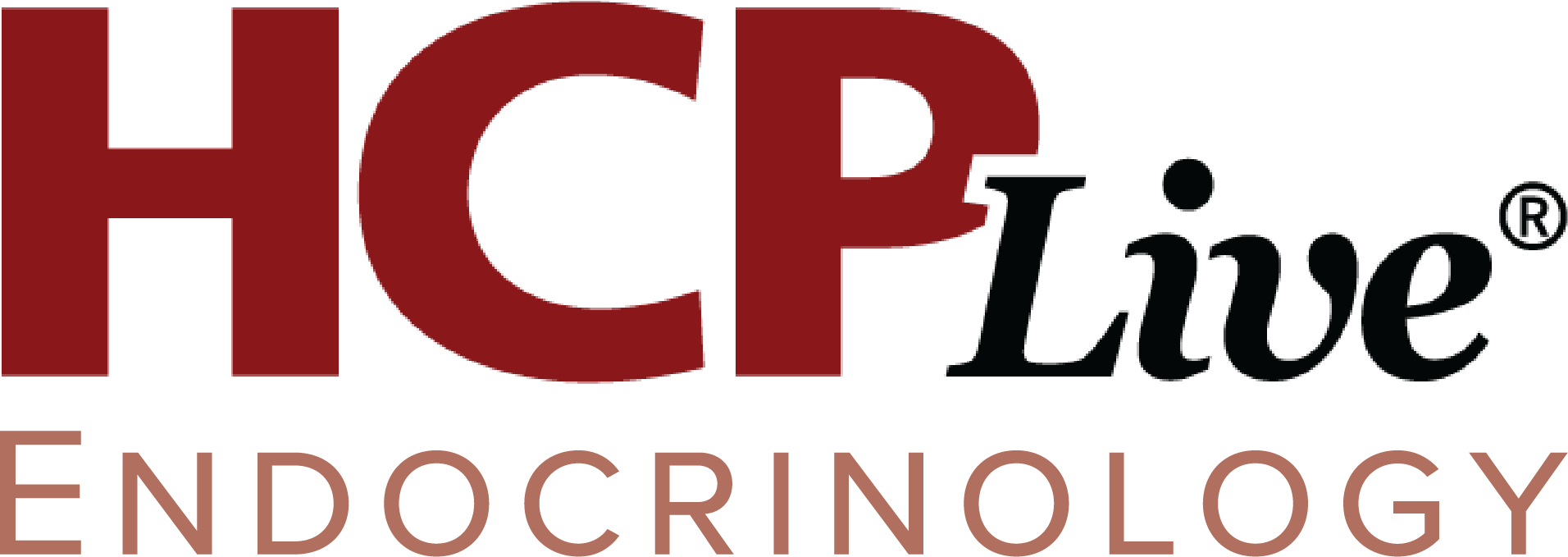Endocrinology

The HCPLive endocrinology page is a comprehensive resource for clinical news and insights on endocrine system conditions. This page consists of interviews, articles, podcasts, and videos on the research, treatment and development of therapies for diabetes, hormonal disease, and more.
Latest News
January 7th 2025
Hyperuricemia was significantly linked to dyslipidemia and hypertriglyceridemia in hospitalized patients with type 2 diabetes, which remained after adjustment.
Diabetes Dialogue: Technology, Therapeutics, & Real-World Perspectives
HCPLive Endocrinology's flagship diabetes podcast, hosted by Diana Isaacs, PharmD, and Natalie Bellini, DNP
More News
Does Exercise Actually Increase Your Risk of Atrial Fibrillation?
Data from a large cohort of Swedish men suggest that regular vigorous exercise starting around age 30 may increase the risk of atrial fibrillation, particularly among those who stop exercising later in life.
Transplantation of Human Islet Cells Safe and Effective in Type 1 Diabetes
June 18th 2014Phase III trial shows that transplanted purified human pancreatic islets safely restored sustained near-normoglycemia and provided protection from severe hypoglycemia in patients with long-standing type 1 diabetes and iatrogenic hypoglycemia.
Swedish Study Indicates LDL Cholesterol Not a Good Marker of Cardiovascular Risk in Type 1 Diabetes
June 18th 2014Researchers find that the ratio of total cholesterol to HDL is a significant predictor for CVD in type 1 diabetes patients who are not using lipid-lowering drugs, and that the ratio of total cholesterol to HDL is a more reliable marker for risk when considering primary prevention.
Updated Recommendations for Gestational Diabetes Streamline Screening Methods
June 16th 2014In response to the growing prevalence of gestational diabetes mellitus and its associated morbidities, much attention has been paid to the use of appropriate screening methodologies for the metabolic disorder.
Novel Orally Available GLP-1 Agonist Lowers HbA1c in Patients with Type 2 Diabetes
June 16th 2014Study results show that an alternative to currently-marketed injectable agents retains the efficacy of GLP-1 mimetics, while reducing gastrointestinal adverse events and providing the convenience of oral dosing.
Concentrated Formulation of Insulin Glargine Shows Improved Management of Type 2 Diabetes
June 15th 2014Patients treated with a new, more concentrated insulin glargine formulation experienced similar glycemic control with fewer nocturnal and daytime hypoglycemic events compared with patients treated with the current formulation of the product.
Basal Insulin Therapy with Glargine Biosimilar Meets Non-Inferiority Criteria
June 15th 2014Study results presented at ADA 2014 show Eli Lilly's investigational long-acting basal insulin analog to have similar clinical efficacy in reducing HbA1c levels as a currently approved injectable insulin glargine product, with a comparable side effect profile.